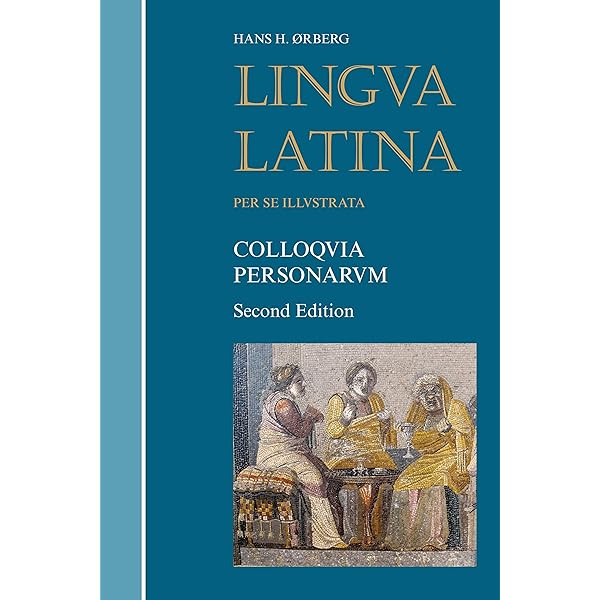
I’ve used this site for French and chinese. If you want to read with an English parallel for help, also useful. If you Did want to do listening reading method, these setups are ideal. I’m currently using one of the parallel texts with audio (some have audio recordings).

īilinguis - this site has parallel texts in multiple languages which is nice. Again audio is Not great but it’s useable. It’s good for lots of comprehensible input that varies in difficulty. I’ve been using them lately as background listening practice. If you do use these Readers, or want easy background listening, these work well. The audio isn’t great, but I did realize finally listening though it that the audio files do have some notes in them! Like audio file 1 goes over tones and tone pair drills, which I found useful. the books and audio don’t have English for the most part, but it’s like “graded listening” practice since it starts very simple and matches the book text reading, and introduces and integrates new words, and in general has the learner material benefit of being easy to follow. Some listening resources I’ve been using to various degrees lately:ĭeFrancis Chinese Reader audio. There are complementary books with exercise and more information of grammar, but I usually create my own exercises. The entire book is in Latin, not a single English word (or any other language for that matter) and slowly teaches you all you need to know. Lingva Latina is an amazing book to learn Latin from. has very little information, but written in a fun, memorable way. I use Anki to memories Kanji and general vocab (cannot recommend enough).įor grammar I use “A Dictionary of Basic Japanese Grammar” by Seiichi Makino and Michio Tsutsui, which has in depth explanation of over 200 grammatical points. It is a mystery book written in Norwegian (with vocab and grammer explained, and exercises in the book) and the language skills used to read it increase as you progress. I use Pimsleur to work on speaking and listening, and “The Mystery of Nils“ by Sonja Anderle and Werner Skalla to improve reading and writing. I find french to be similar enough to English for me to be able to learn a lot from just opening a book (with a dictionary open if needed). I use Pimsleur, an audio course (available in many languages) to practice speaking and listening, and read simple books to improve beyond that. Highly recommended as an introduction to more rigorous and detailed study of Tolkien's own Quenya(s).

#LINGUA LATINA PER SE ILLUSTRATA ANKI SERIES#
The course is presented in a series of RTF (text) files. Helge offers the most up-to-date and accurate account of Neo-Quenya (that is, a synthetic and regularized form of Quenya formed by the selective piecing-together of evidences from across decades of Tolkien's successive versions and elaborations of Quenya) as a series of graded courses. Right now I am studying with the following course (review is from the elvish site posted above): I found that the site contains most resources I could ask for, with good reviews of them and many in depth courses, all free. Quenya is one of the languages Tolkien created, and the most developed one. Do mi kredas ke legi por 10 aŭ 20 minutoj ĉiutage iĝos min lerni la latinan.īone, eble mi afiŝos ĉi tie kion mi lernis aŭ kion mi trovis interesa. Se iu studas por determinita tempo, ekzemple 30 minutoj, ĝi jam sufiĉas por lerni lingvon, ĉar ĝi estos continua kaj konsekvenca procezo. Mi jam vidis jutuban filmeton kiu diris ke oni ne bezonas studi lingvon por longa tempo. Mi ne scias ĉu mi ĝin legos ĉiutage, aŭ foje. Ĝi ankaŭ montras etajn konsiliojn, en la latina, kompreneble, kie vi povas lerni novan vorton aŭ novan deklinacion. Kio ĝi faras estas montru al vi tekstojn en la latina, komencante simpla maniero kaj malfaciligante ĝin iom post iom. Por tiuj kiuj ne ĝin konas, la libro instruas al vi la latinan, sed latine. Libro kiu mi supozas esti tre konata por tiuj kiuj scias/lernas la latinan: LINGVA LATINA. La solvo kiun mi trovis estas lerni la latinan uzante nur unu fonton: libro. Unu plian, kiun mi komencis lerni, kaj mi ne devus, ĉar mi studas jam du, tri estus (kaj estas estanta) pli malfacila. Mi ne ĝin lernos serioze, ĉar mi jam studas du lingvojn. Trapasis mian kapon deziro lerni la latinan.


 0 kommentar(er)
0 kommentar(er)
